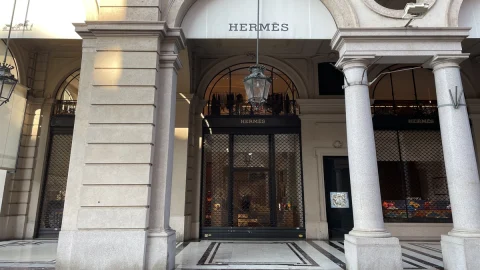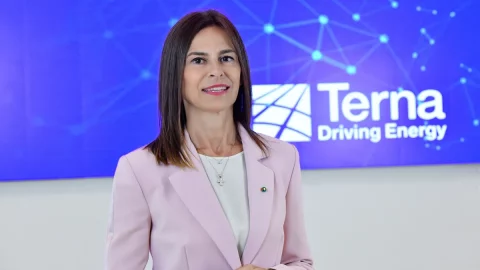The rise is as expected, but the tone and words used by the ECB are different. Will there be further increases in the cost of money in the near future? Perhaps yes, but rates "will be set at restrictive levels for the necessary time", reads the Eurotower press release. In the next meetings “we could raise rates, or keep them still. And what we will decide in September will not be definitive”, added the president of the ECB Christine Lagarde in the press conference following the announcement. Then he specified: “we are moving towards a phase in which we will be dependent on data”. However, the number one of the ECB did not say, despite a specific request, that the Eurotower is not thinking of a break. A new approach that leaves several doors open, including those that lead to a stop. And for the stock exchanges that is enough to hope that the worst is behind us and to expand the gains already achieved during the morning.
The new interest rates
As expected, after the Fed, the ECB also unanimously decided to raise interest rates by 25 basis points. The rate on main refinancing therefore rises to 4,25%, that on deposits to 3,75%, and that on marginal loans to 4,50%. It's about the ninth consecutive hike as part of the monetary tightening launched in July 2022 to counter the surge in inflation. Rates are now at highest level since July 2007.
"Inflation continues to fall but we still expect it to stay too high for too long. The governing council is determined to ensure that inflation returns promptly to the medium-term target of 2%”, reads the press release issued in the early afternoon of today, Thursday 27 July. 'The outlook on the economy and inflation remains very uncertain”, added the president of the ECB, Christine Lagarde, during the press conference to present the decisions of the Eurotower board of directors.
The squeeze, however, is working: financing conditions "have tightened and are holding back demand increasingly", an effect that "represents an important factor in bringing inflation back to target".
Lagarde: "We may still raise rates or take a break, but it won't be definitive"
"I have said on several occasions that we have a long way to go, but today I say that the data will tell us how far we will have to go, and therefore we remain open about the decision to be taken in September or later – explained Lagarde – We could raise rates again or take a break, but what we will do will not be definitive and could vary from one meeting to another”.
Pressed by journalists' questions about whether to rule out one possibility or the other, Lagarde replied: "We are moving towards a stage where we will be dependent on data, and based on this we will decide to raise or hold interest rates. We certainly won't cut. And if we pause rates, it won't be for a long time, because we may then make a different choice."
During the press conference, the number one of the ECB explained that "the drivers of inflation are changing” and “external sources of inflation are subsiding. Conversely, domestic price pressures, also due to thewage increase and with profit margins still robust, they are becoming a inflation factor always more important". Furthermore, "although some measures are moving downwards, overall underlying inflation remains high, also due to the persistent impact of past energy price increases on prices of the whole economy".
Analyzing the eurozone economy, Lagarde said the near-term outlook "has worsened, largely due to weakening domestic demand." “High inflation and more restrictive financing conditions are holding back spending – he added – This weighs above all on the manufacturing production, also held back by the weakness of external demand”. According to Lagarde, "the economy should remain weak in the short term", but "over time, the drop in inflation, the increase in incomes and the improvement in supply conditions should support recovery".
Goodbye to the App program, zero minimum wages
Maturing securities purchased under the APP program will no longer be reinvested, the ECB explained, without however providing further information on the pace of portfolio reduction. Not only that, the remuneration of minimum reserves has been set at zero in order to preserve "the effectiveness of monetary policy by maintaining the current degree of control over the stance of monetary policy and ensuring the full transmission of interest rate decisions to the markets monetary”. At the same time, it will "improve the efficiency of monetary policy by reducing the overall amount of interest that must be paid on reserves to implement the appropriate position."
The reaction of the Stock Exchanges
The European Stock Exchanges, already largely positive during the morning, accelerated upwards after the release of the Eurotower press release. The best is Amsterdam (+2,1%), closely followed by Milano e Paris, both at a share of +1,9%. Earn 1,33% Frankfurt, while Madrid rises by 1,1%.
The ECB's decision instead weighs on the euro which changes hands at 1,1028 dollars. Before the announcement, one euro was worth 1,113 dollars.





